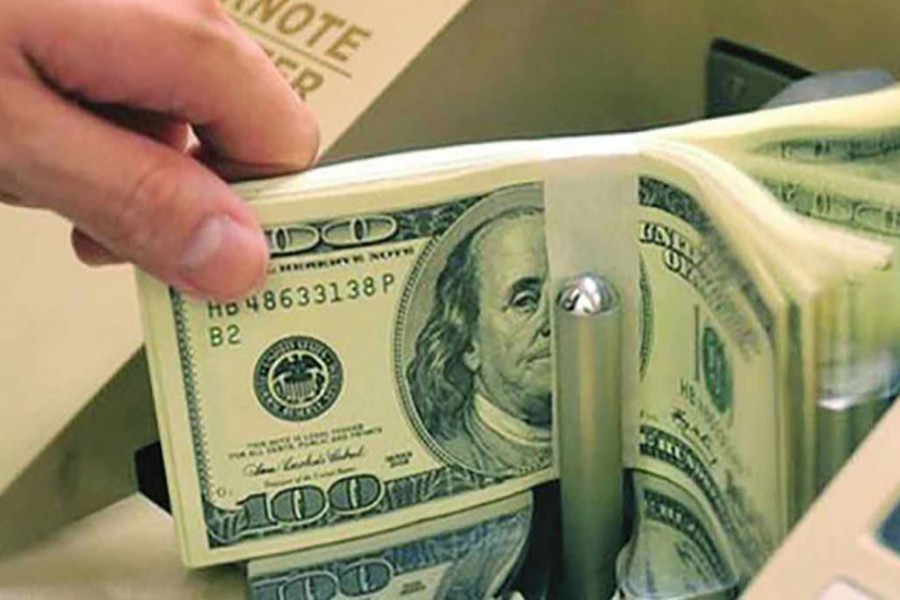The central bank has strengthened its foreign currency support to the commercial banks to settle their import payment obligations particularly for fuel-oils, officials said.
As part of the move, Bangladesh Bank (BB) sold US$ 95 million directly to the commercial banks in last two days to meet the growing demand for the greenback in the market.
On Wednesday, $45 million was sold to three banks, while the remaining $50 million was provided to four state-owned commercial banks, according to the officials.
Import of petroleum products rose by 78.62 per cent to $1.07 billion in the first three months of the present fiscal year (FY), 2018-19, from $597.77 million in the same period of the previous fiscal.
The rising trend in fuel-oil import may continue in the coming months following diversified use of the gasoline products, particularly for power generation, the officials added.
Currently, around 50 power plants out of the total 122 across the country are running with fuel-oils.
On the other hand, the exchange rate of Bangladesh Taka (BDT) depreciated slightly against the US Dollar (USD) on Tuesday, despite the central bank's foreign currency support to the commercial banks. The local currency depreciated by three poisha in the inter-bank foreign exchange market on the day, mainly due to higher demand for the greenback, the market operators said.
The US dollar was quoted at Tk 83.88 each in the inter-bank foreign exchange market on Tuesday against Tk 83.85 of the previous working day. It remained unchanged at Tk 83.88 on Wednesday.
Talking to the FE, a BB senior official said the central bank is selling the US currency to the banks at market rate for helping them to make their import payment bills particularly for petroleum products.
"We may continue providing such foreign currency support to the banks in line with the market requirements," he noted.
BB has resumed giving the support in the recent months through selling the US currency to the banks directly to keep the market stable.
A total of $595 million has been sold to the commercial banks during the current fiscal year (since July 01) as part of its ongoing support, the BB data showed.
The demand for the US dollar is increasing gradually, mainly due to higher import payment pressure, particularly for the petroleum products and capital machinery, according to the market operators.
The local currency may depreciate further against the greenback shortly following higher demand for the US dollar in the market to settle import payment obligations particularly for fuel-oils, they added.
Meanwhile, the country's foreign exchange reserve (forex) reserve came down to $30.99 billion on Wednesday from $31.04 billion of the previous working day after selling the US dollar to the banks.


